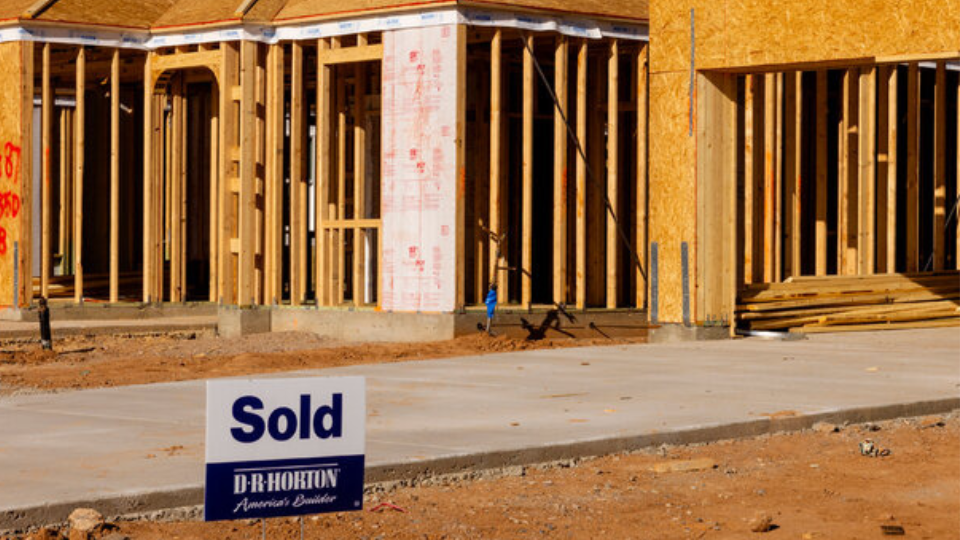
Click on the play button to listen to the audio version.
As the two presidential candidates lay out their economic plans for the country, housing affordability is on the list for the first time in decades. Republicans’ default solution for any economic issue is tax cuts and deregulation, and for Democrats, it’s grants and more regulations. Anyone who knows me knows how frustrated I have been with the current administration, who seems to believe that the solution to America’s housing problem is scapegoating the mom-and-pop businesses that service the real estate market. However, I haven’t heard any solutions from the right that aren’t centered around the magic bullet of reducing taxes, which is no different than grants and other giveaways, except tax cuts primarily benefit the rich.
The usual solutions will not solve the current housing affordability crisis. Any solution that does not begin and end with a sustainable plan to radically increase housing supply is just noise. The barriers to increasing housing supply are complex and require the crucial cooperation of both public and private sectors and more education.
A National Campaign to Combat NIMBYISM
Americans need a better understanding of why affordable housing in their neighborhoods is beneficial. The data shows affordable housing improves workforce participation, increases tax bases, and strengthens communities. However, because of NIMBYISM (Not in My Back Yard), elected officials are reluctant to support policies that lead to more housing supply in their communities. It’s high time for the federal government to invest in a comprehensive national awareness campaign to combat NIMBYISM.
Relaxing Restrictive Zoning Policies
Zoning policies were created to ensure more orderly communities. Today, they are primarily used to suppress growth. Restrictive zoning policies may be the primary cause of the housing crisis. Federal and State governments must incentivize cities and local municipalities to allow for more density.
Government Funding
The federal government must invest in developing affordable housing for both renters and homebuyers. During the Great Recession, homebuilding almost stopped, but the country continued adding one million new households each year. That deficit has never been reconciled and is a primary reason for the current housing shortage in America. Approximately five million units are needed to meet the demand and take the pressure off of home prices.
Affordable housing will take center stage as the election goes into high gear. Any economic plan that does not have a viable strategy to dramatically increase the housing supply in America will be a disappointment and fall short of America’s most important economic issue today.
